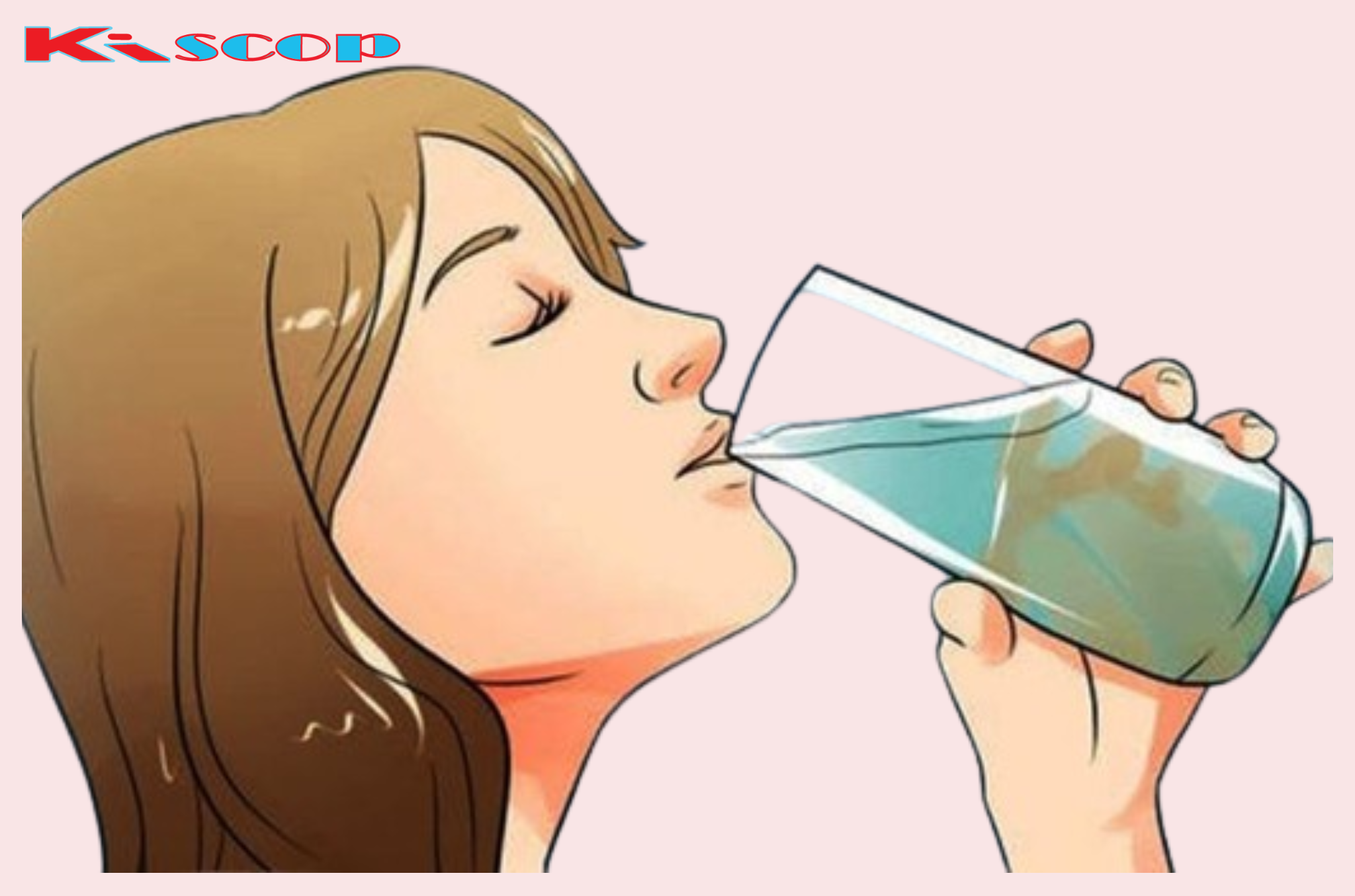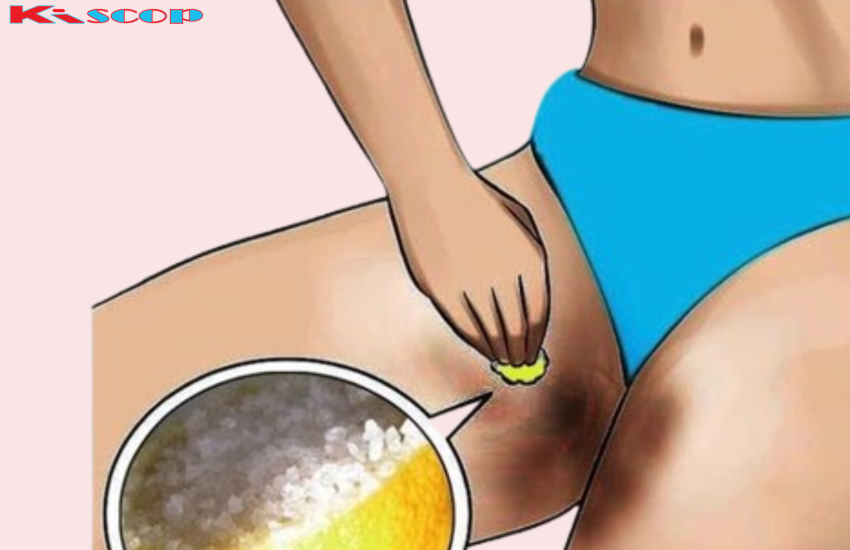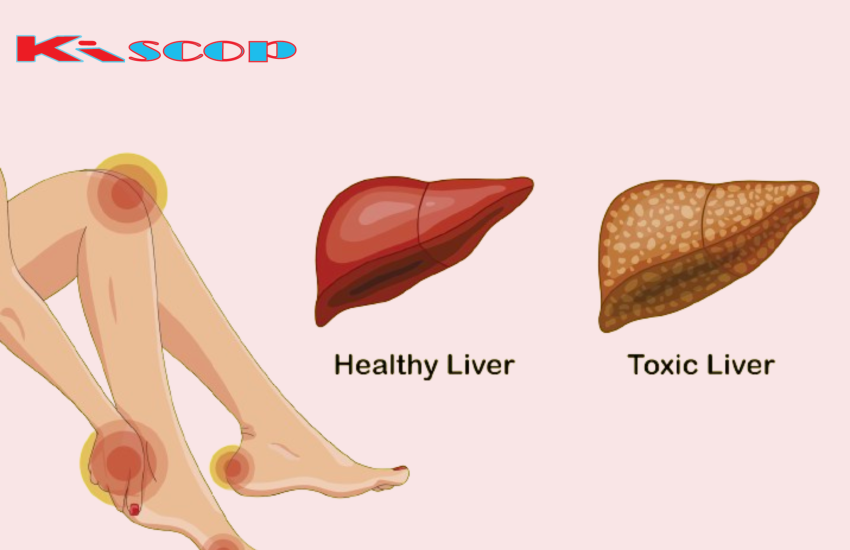10 Signs You Don’t Drink Enough Water
Water is essential for life, making up about 60% of the human body and playing a critical role in nearly every bodily function. Despite its importance, many people don’t drink enough water each day, leading to dehydration. Dehydration can have various negative effects on your health, some of which you may not immediately associate with a lack of water. Here are ten signs that you might not be drinking enough water.
1. Constant Thirst
One of the most obvious signs that you’re not drinking enough water is constant thirst. Thirst is your body’s way of telling you that it needs more fluids. If you find yourself frequently feeling thirsty, it’s a clear indication that you need to increase your water intake. While thirst is a natural signal, it’s best not to wait until you’re thirsty to drink water; by that time, your body may already be slightly dehydrated.
2. Dry Skin and Lips
Water is vital for maintaining skin hydration. When you don’t drink enough water, your skin can become dry, flaky, and less elastic. Your lips may also become chapped or cracked, another common sign of dehydration. Moisturizers can help temporarily, but the best way to keep your skin and lips hydrated is by ensuring you’re drinking enough water throughout the day.
3. Dark-Colored Urine
The color of your urine is one of the easiest ways to gauge your hydration levels. When you’re properly hydrated, your urine should be a light straw or pale yellow color. Dark yellow or amber-colored urine is a sign that your body is conserving water due to dehydration. If you notice that your urine is consistently dark, it’s a good indication that you need to drink more water.
4. Fatigue and Low Energy Levels
Water is essential for maintaining energy levels because it helps transport nutrients to cells and removes waste products from the body. When you’re dehydrated, your body has to work harder to perform these basic functions, leading to fatigue and a general feeling of sluggishness. If you find yourself feeling tired even after a good night’s sleep, it might be due to not drinking enough water.
5. Frequent Headaches
Dehydration can cause headaches or make existing headaches worse. When you don’t drink enough water, your brain can temporarily shrink from fluid loss, causing it to pull away from the skull and trigger pain receptors. This type of headache is often described as a dull, persistent ache. If you experience frequent headaches, especially when combined with other symptoms of dehydration, increasing your water intake may help alleviate the pain.
6. Dizziness or Lightheadedness
Dizziness or lightheadedness can occur when your blood pressure drops due to dehydration. Water helps maintain a healthy blood volume and circulation, and when you’re dehydrated, your blood volume can decrease, leading to a drop in blood pressure. This can cause you to feel faint, dizzy, or lightheaded, especially when you stand up quickly. If you experience these symptoms, it’s important to drink water and rehydrate as soon as possible.
7. Constipation
Water is crucial for healthy digestion and regular bowel movements. When you don’t drink enough water, your body will try to conserve water by absorbing more from the colon, which can result in hard, dry stools that are difficult to pass. Constipation is a common sign of dehydration, and increasing your water intake can help soften your stools and promote regular bowel movements.
8. Dry Mouth and Bad Breath
Saliva plays an important role in keeping your mouth clean and preventing bad breath. It also contains enzymes that aid in digestion and help protect your teeth and gums. When you’re dehydrated, your body produces less saliva, leading to dry mouth and an overgrowth of bacteria, which can cause bad breath. Drinking enough water can help maintain adequate saliva production and keep your mouth fresh.
9. Difficulty Concentrating
Dehydration can impair cognitive function, making it difficult to concentrate, focus, and think clearly. The brain is about 75% water, and even mild dehydration can affect its performance. If you’re finding it hard to concentrate at work or school, or if you’re experiencing memory lapses, it could be a sign that you need to drink more water. Staying hydrated can help improve mental clarity and cognitive performance.
10. Joint Pain or Stiffness
Water is a key component of the cartilage that cushions your joints. When you’re dehydrated, the body draws water from cartilage and other areas, which can lead to joint pain or stiffness. Proper hydration helps keep your joints lubricated and can reduce the risk of joint pain and injury. If you’re experiencing unexplained joint discomfort, it might be related to inadequate water intake.
Conclusion
Staying adequately hydrated is essential for maintaining good health and well-being. Your body relies on water for numerous functions, and even mild dehydration can lead to a range of symptoms, from dry skin and fatigue to headaches and difficulty concentrating. By paying attention to these signs, you can ensure that you’re drinking enough water to keep your body functioning optimally. Remember, the best way to stay hydrated is to make water your drink of choice throughout the day, and to listen to your body’s signals before dehydration becomes a problem.



